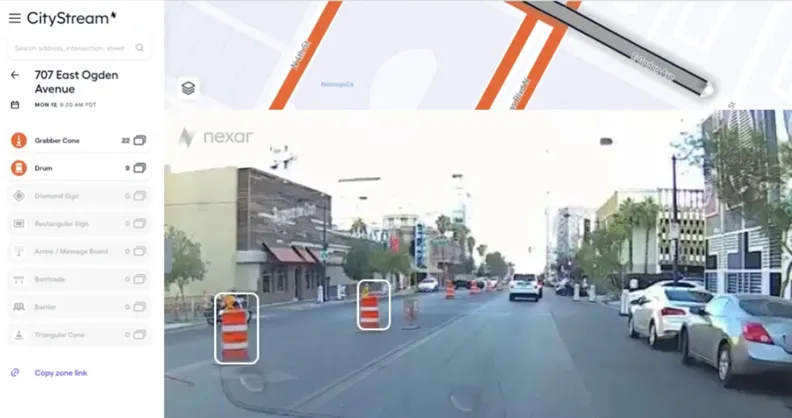He will say that using the data to bring together all the infrastructures, demands, challenges and future plans from different departments within city hall enables a common model to be built. This means those working in the various departments within an administration can view and work on to a single, unified model. Any changes made by one department would be highlighted to the others to produce logical, coherent and efficient action plans.
Dangermond will deliver his keynote address to the Smart Cities plenary session in Melbourne at 9am on the morning of Wednesday 11 October.
Esri founder’s Smart City campaign
Esri’s founder Jack Dangermond is to tell delegates at the ITS World Congress in Melbourne that GIS, spatial technology, mapping and modelling are the keys that will unlock the door to tomorrow’s smart cities. He will say that using the data to bring together all the infrastructures, demands, challenges and future plans from different departments within city hall enables a common model to be built.
September 1, 2016
Read time: 1 min










